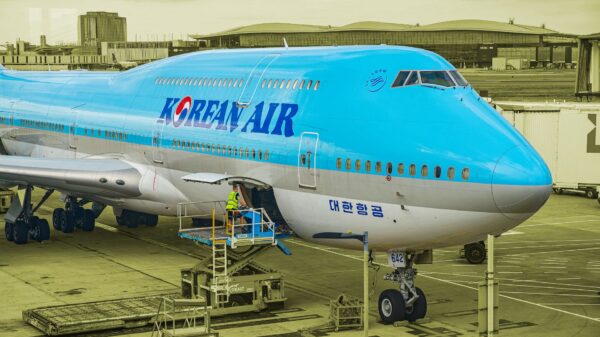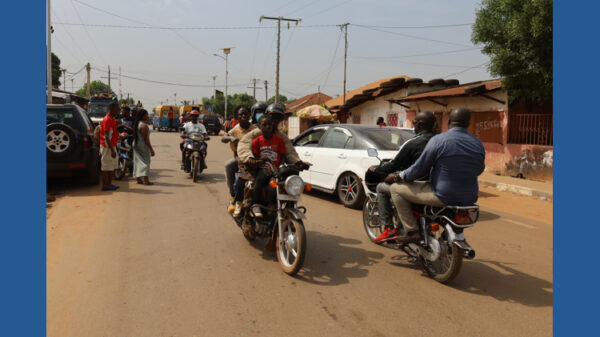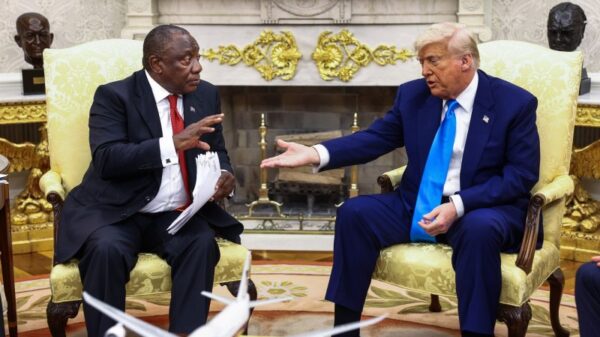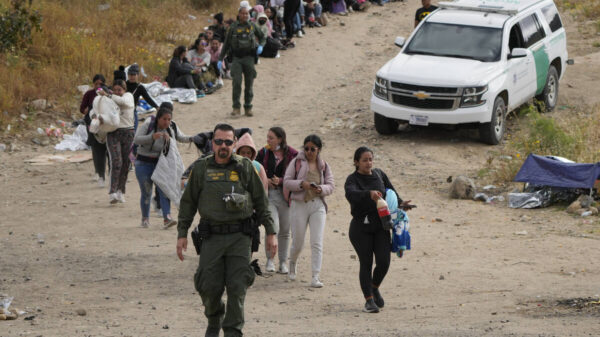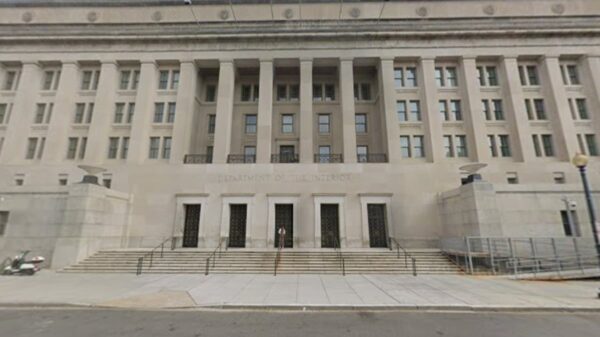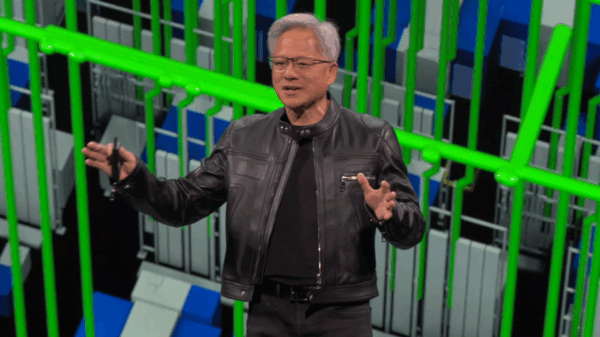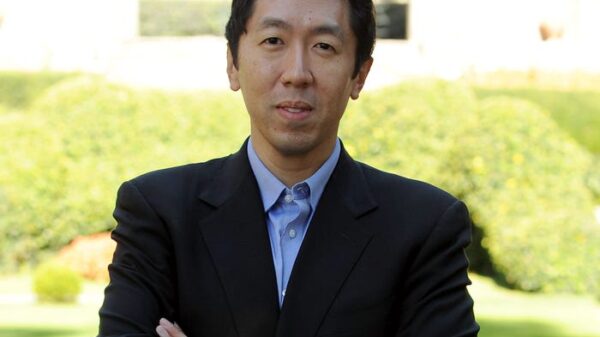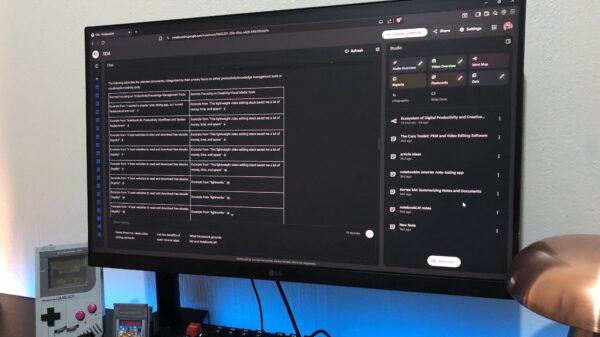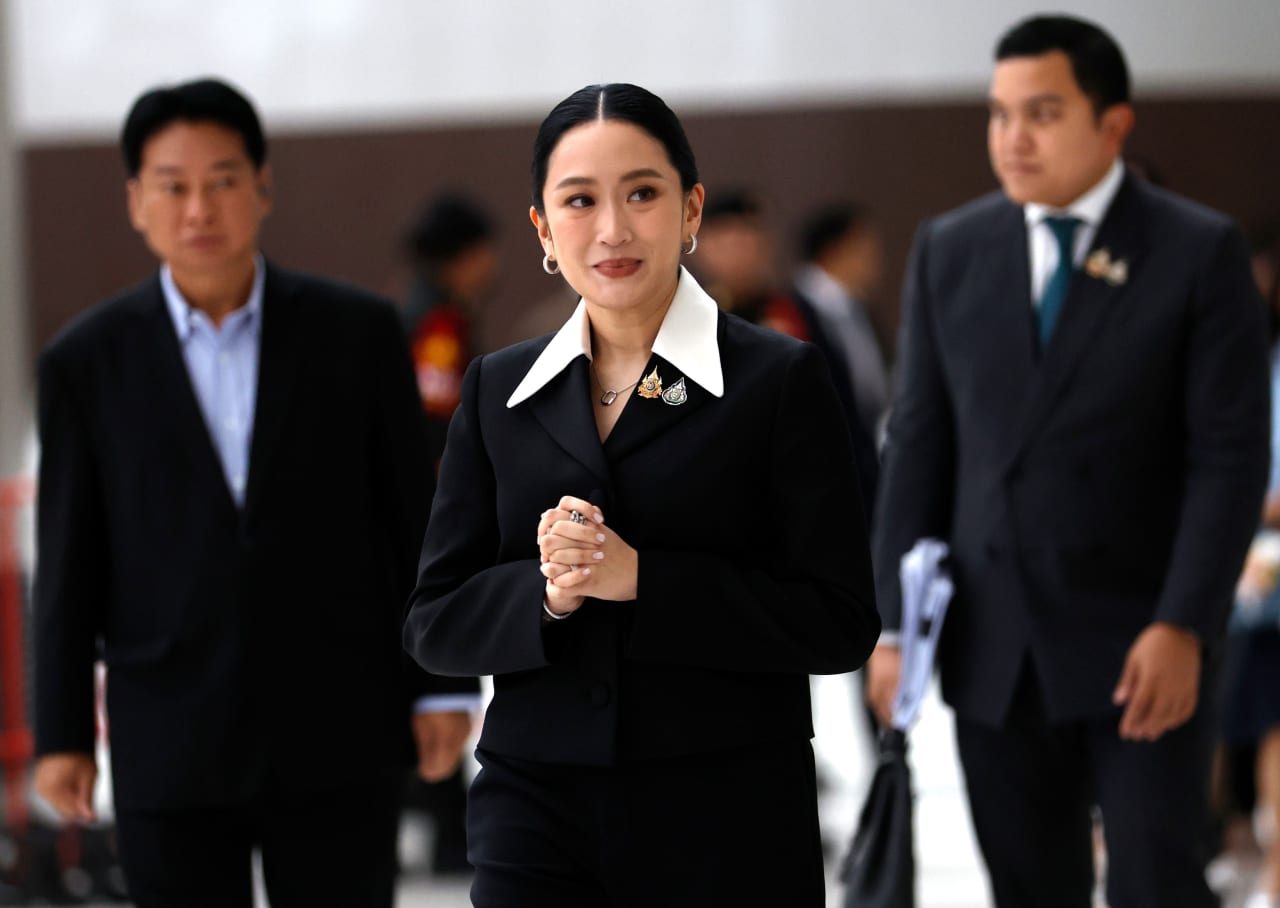The Thai Constitutional Court has removed Prime Minister Prayuth Chan-o-cha from office following the revelation of a controversial phone call that allegedly undermined national security. This decision, made on October 4, 2023, adds another layer of uncertainty to Thailand’s already tumultuous political landscape, which has been marked by protests and calls for reform in recent years.
This ruling came after an investigation into a leaked conversation between Prayuth and an unnamed individual. In this call, the Prime Minister is reported to have made remarks that were interpreted as undermining the integrity of the government and its institutions. The court found that his comments were detrimental to public confidence in the administration, warranting his removal from office.
The implications of this decision are significant. Prayuth Chan-o-cha, who assumed power in a military coup in 2014, has faced increasing opposition from various sectors of Thai society, particularly the youth. His removal may lead to a power vacuum and further instability, as political factions vie for influence in the absence of a clear successor.
In a statement released shortly after the court’s decision, Prayuth expressed disappointment, emphasizing his commitment to serving the nation. He stated, “I have always acted in the best interests of the Thai people, and I will continue to do so, regardless of this ruling.” This sentiment reflects the ongoing tension between the government and the protest movements demanding greater democracy and accountability.
The political landscape in Thailand is complex, characterized by a history of military influence and public discontent. The reaction to the Prime Minister’s ousting has been mixed. Some citizens celebrate the court’s decision as a victory for democracy, while others fear it may lead to increased conflict and instability.
Moving forward, the Thai Parliament will need to convene to select a new leader. The uncertainty surrounding the transition period is palpable, as the country braces for potential protests and political maneuvering. Observers are particularly concerned about the potential for violence, as tensions remain high among various political factions.
Internationally, the situation in Thailand is being closely monitored. Analysts note that the country’s political stability is crucial, not only for its citizens but also for regional security and economic prosperity. As the situation unfolds, foreign governments and organizations will likely weigh in, emphasizing the need for a peaceful transition and respect for democratic processes.
In summary, the removal of Prayuth Chan-o-cha by the Thai Constitutional Court marks a critical juncture in Thailand’s political saga. With calls for change intensifying, the coming days and weeks will be pivotal in determining the future direction of the nation and the stability of its institutions.






